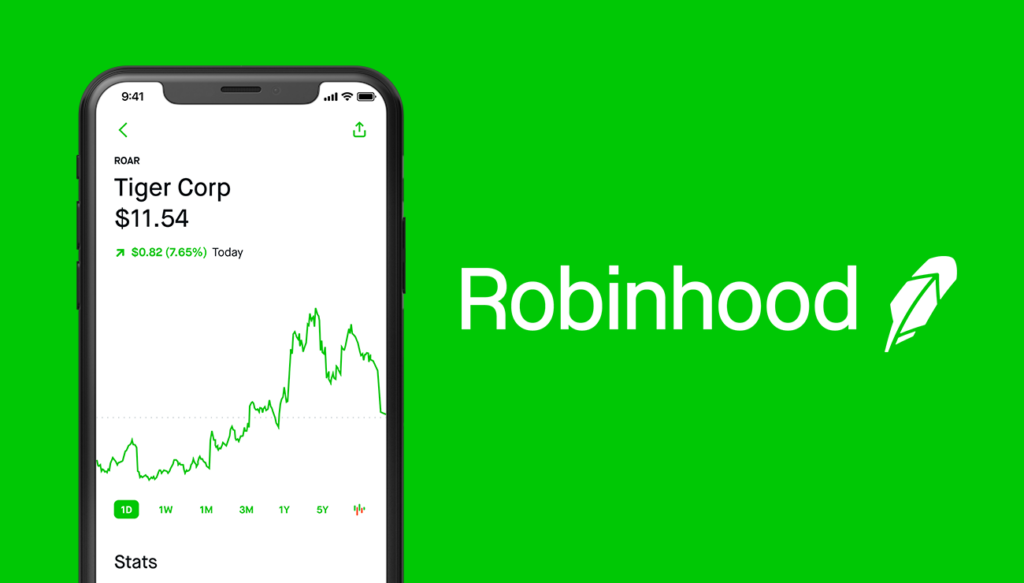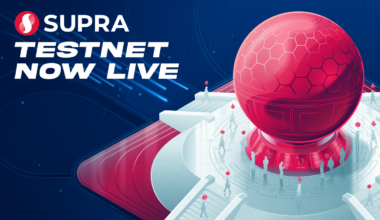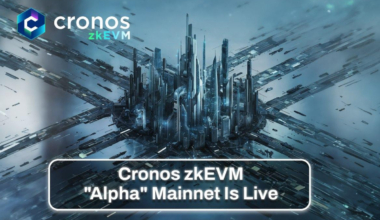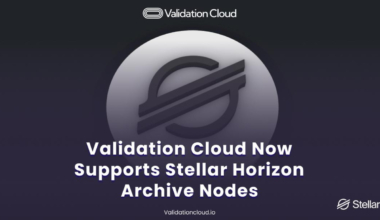The recent crackdown on cryptocurrencies by the United States Securities and Exchange Commission (SEC) is causing ripples in the market, with Cardano being one of the tokens affected.
The SEC’s labeling of Cardano and other emerging tokens as unregistered securities in its high-profile case against Binance has put crypto exchanges in a difficult position.
The SEC has given exchanges an ultimatum: delist the tokens or face the consequences. In response to rising regulatory pressure, platforms like Robinhood have made the tough decision to delist Cardano.
Robinhood, the popular investing app, recently announced that it would be delisting Solana (SOL), Cardano (ADA), and Polygon (MATIC) starting June 27.
Until the end of June, users will still be able to buy and sell these tokens on the platform. However, any remaining tokens in users’ wallets after June will be sold for their market value.
Robinhood’s decision comes as a response to mounting regulatory pressures and the uncertainty surrounding these assets due to the SEC’s case against Binance and Coinbase. The SEC has classified these tokens as unregistered securities in its complaint.
Despite refutations from the Cardano Foundation and IOHK, Cardano has struggled to regain stability in the face of the SEC’s allegations. T
he delisting decision by Robinhood, a widely used platform, has underscored the impact of regulatory actions on the market and raised concerns among Cardano investors.
The SEC’s crackdown and labeling of tokens as unregistered securities have placed crypto exchanges in a challenging position.
They must now navigate the delicate balance between regulatory compliance and providing a wide range of tokens to their users.
The ultimatum from the SEC to delist tokens has forced exchanges to make difficult decisions to mitigate potential legal consequences.



